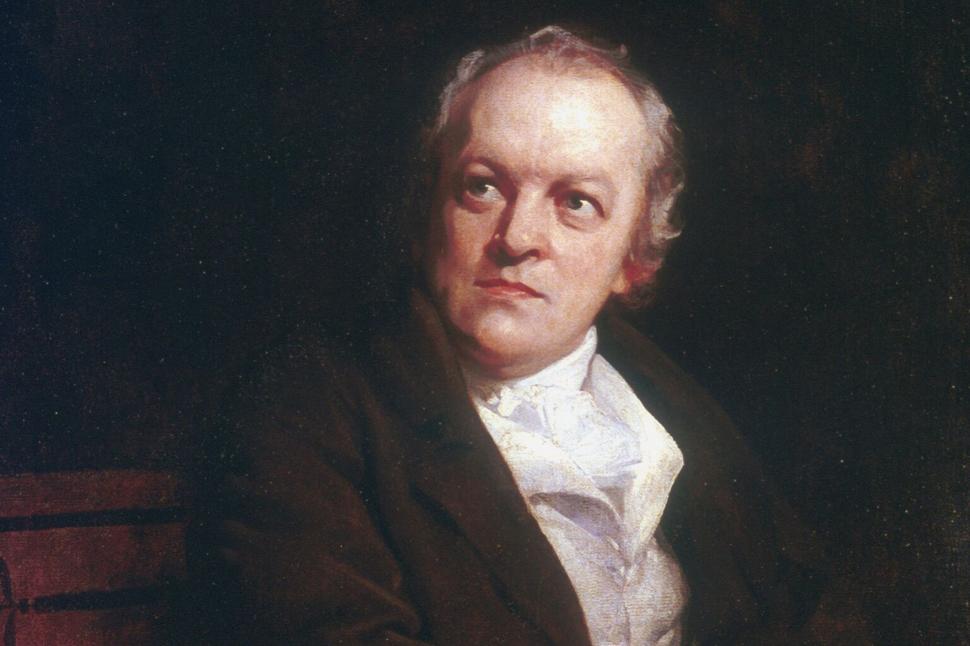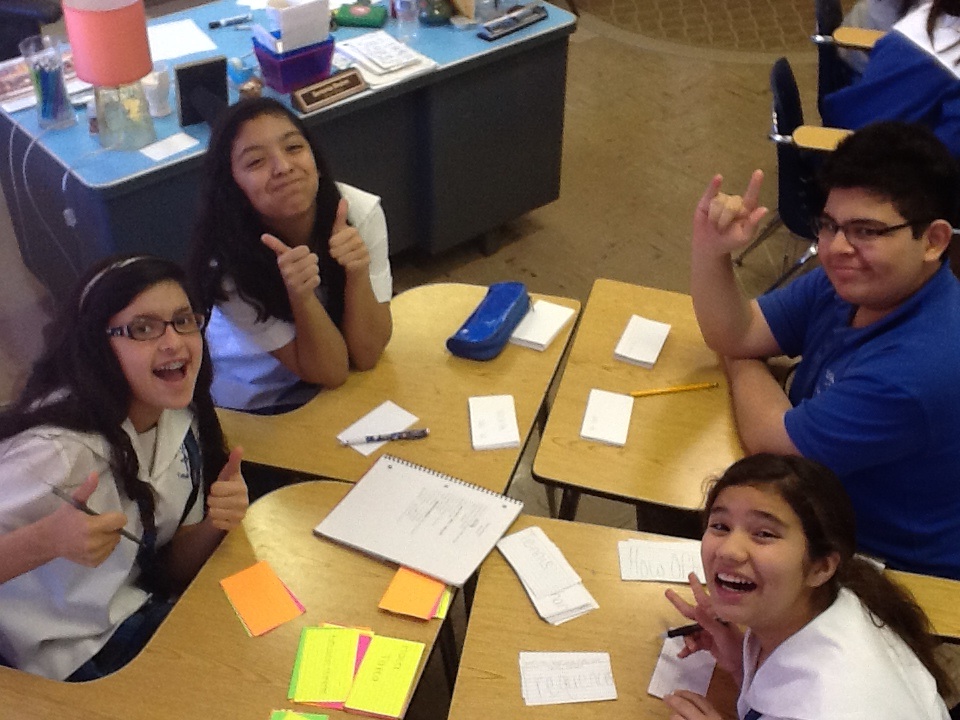This lesson is part of Writing Our Way Through: clear, fun, and engaging “lessons” for writing at home with young people.
Author/Teaching Artist: Sherese Francis
Age Range: 3rd Grade & Up
Materials: Pen and Paper, Objects, Magazines/Newspapers
Overview
Questions are an important part of problem solving and engaging our curiosity about the world around us. In school, we learned about the 5 W’s — Who, What, Where, When and Why — to start questions and of course, there are other words we can use like How. In this lesson, we will take a look at William Blake’s “Tyger” poem as a model for writing poems with questions. We will use the type of poem called ekphrasis, which is descriptive poetry about visual art or physical objects. Time to put on your detective hats!
The Steps
1. Read William Blake’s poem “Tyger” out loud once and then ask participants what they think is the overall theme of the poem. What details stand out in the poem?
2. Read the poem a second time. Ask the participants to point out or underline, if you have printed copies of the poem, each question and ask them to paraphrase what the speaker of the poem is asking.
3. Invite everyone to find an object or an image in the home. For example, participants might choose a favorite knickknack, a piece of fruit, a picture of an animal, or a drawing in a magazine. Giving a time limit can make the search feel like a game.
4. Once everyone returns, ask participants to take a moment to examine it, the way a detective would, looking closely and observing every detail.
5. Now, ask everyone to write some descriptions of the object or image. Ask questions like: What do you see in the image? What does the object feel like? You can even use the five senses to help participants engage with the image or object.
6. Once everyone has finished describing their objects or images, tell participants that they can draw from these details as they write their poems. Now, for 5-10 minutes, everyone writes a series of questions about the image or object, using Blake’s poem as a model. The questions can be as imaginative as the writer wants. You might read some of the “question words” aloud to stimulate ideas: who, what, where, when, why, and how. What would you like to know about the image or object?
7. When the time is up, invite participants to read their investigation poems out loud. For extra fun, invite participants to switch papers and then to answer each other’s questions, or they can answer their own questions. Then you can read these questions and answers aloud.
Literary Terms, Forms, and Devices: Ekphrasis, Interrogative/Question Words

Mentor Text:
The Tyger
Tyger Tyger, burning bright,
In the forests of the night;
What immortal hand or eye,
Could frame thy fearful symmetry?In what distant deeps or skies.
Burnt the fire of thine eyes?
On what wings dare he aspire?
What the hand, dare seize the fire?And what shoulder, & what art,
Could twist the sinews of thy heart?
And when thy heart began to beat,
What dread hand? & what dread feet?What the hammer? what the chain,
In what furnace was thy brain?
What the anvil? what dread grasp,
Dare its deadly terrors clasp!When the stars threw down their spears
And water’d heaven with their tears:
Did he smile his work to see?
Did he who made the Lamb make thee?Tyger Tyger burning bright,
––William Blake
In the forests of the night:
What immortal hand or eye,
Dare frame thy fearful symmetry?
Sherese Francis is a Queens-based poet, editor, text artist, workshop facilitator, and literary curator of the mobile library project, J. Expressions. She has published work in journals and anthologies including Furious Flower, Obsidian Literary, The Operating System, Cosmonauts Avenue, No Dear, Apex Magazine, La Pluma Y La Tinta’s New Voices Anthology, The Pierian Literary Review, Bone Bouquet, African Voices, Newtown Literary, and Free Verse. Additionally, she has published two chapbooks, Lucy’s Bone Scrolls and Variations on Sett/ling Seed/ling. In 2020, she was named a finalist in the Furious Flower Poetry Prize. Sherese is currently an editor for Harlequin Creature. To find out more about her work, visit futuristicallyancient.com.



